Fieldwork
This listing expired on November 1, 2019. Please contact info@ifrglobal.org for any updated information.
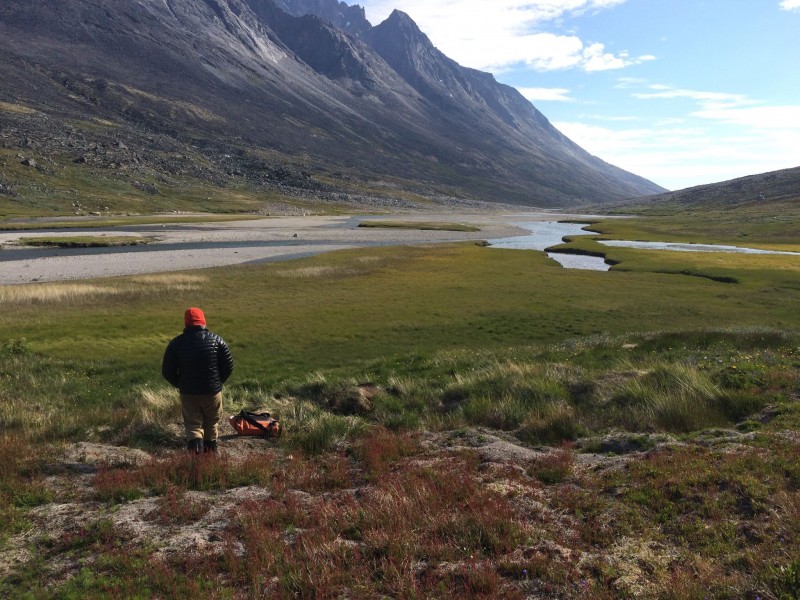
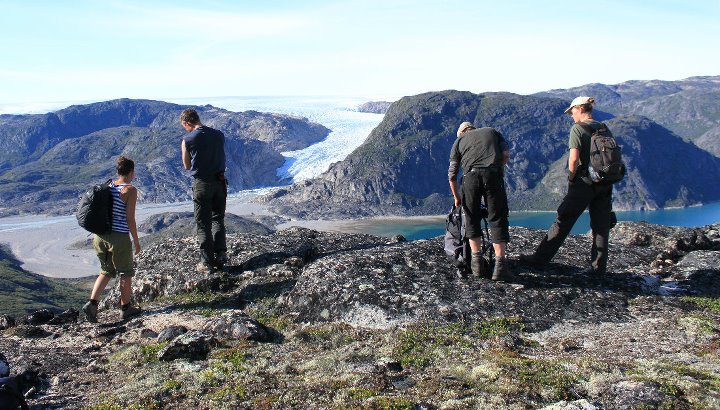
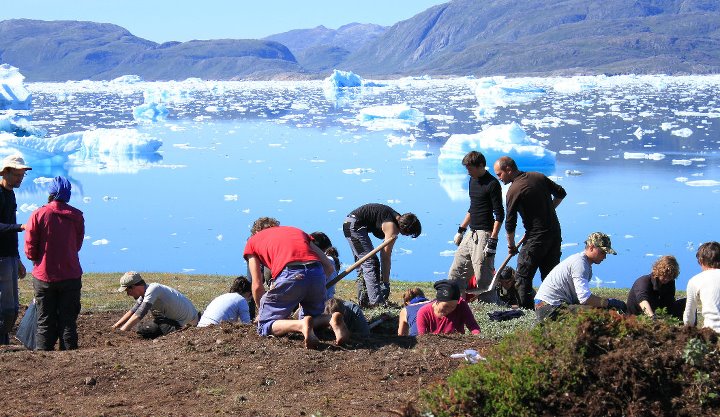
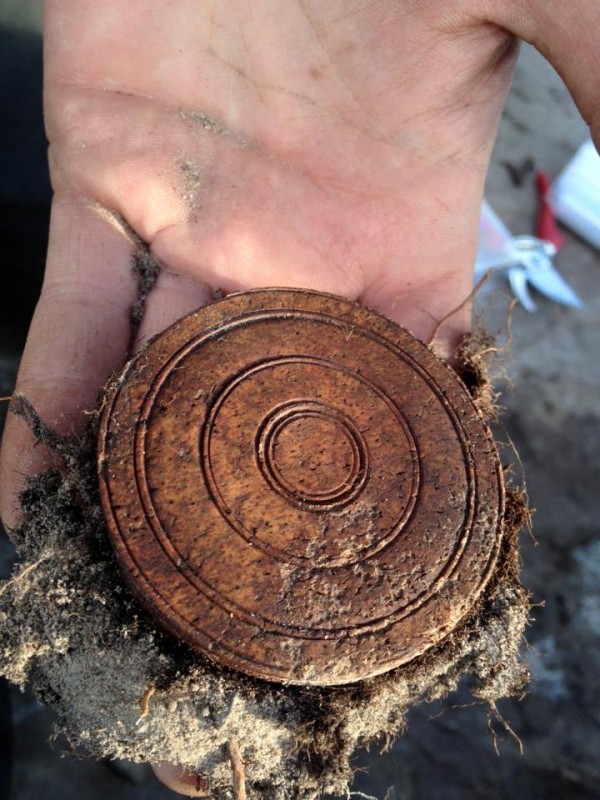
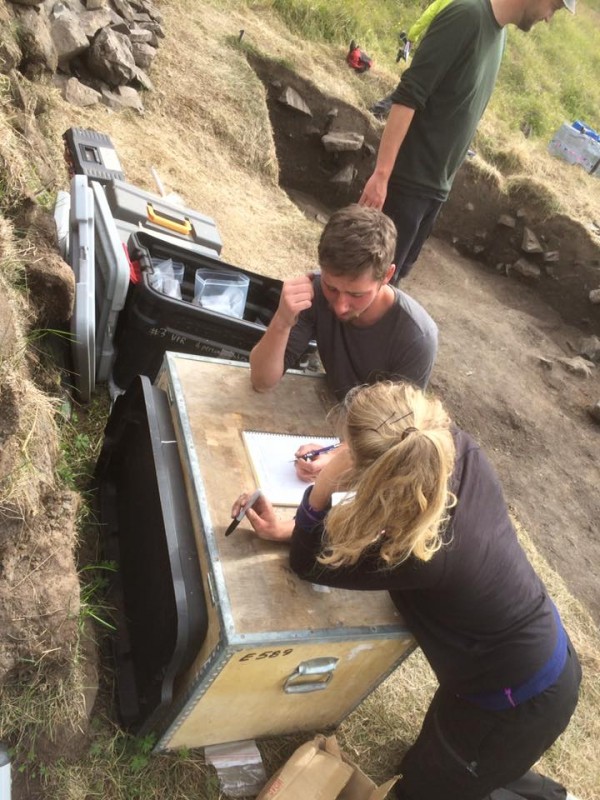
Location: , US
Season: June 22, 2019 to July 23, 2019
Application Deadline: April 5, 2019
Deadline Type: Rolling
Website: http://ifrglobal.org/program/greenland-arctic-vikings/
Program Type:
Field school
RPA Certified:
no
Affiliation:
Institute for Field Research, Connecticut College, Greenland National Museum and Archives, SUNY Buffalo, National Museum of Denmark
Project Director:
Dr. Hans Harmsen, Dr. Christian Koch Madsen, Michael Nielsen
Project Description:
This field school is a four-week adventure in a rugged environment that will provide students with a crash course in Arctic Archaeology. Participants will learn how to identify sites and features through landscape survey, perform “keyhole” excavations, and learn how to document their observations quickly and efficiently. Students will not only learn about archaeological field methods but will also have the chance to interact with the local community and gain insight into emerging issues regarding the impact of global climate change on cultural resources in the Arctic. Due to the ongoing issues surrounding the loss of organic deposits in South Greenland, emphasis will be placed on rapid and efficient intervention techniques in the field. This program is RPA certified (Register of Professional Archaeologists) and will benefit students who plan to pursue cultural resource management work in the future.
Archaeological investigations in 2019 will be conducted in the small hamlet of Igaliku in South Greenland. During the Norse period, Igaliku was the site of the episcopal manor farm of Garðar, established in AD 1124. Garðar was a geographical nexus between the most populous parts of the Eastern Settlement and possessed a large cathedral dedicated to St. Nicolaus. As the largest church in Norse Greenland, this cathedral reflected the manor’s great wealth and political importance. Although there are theories explaining why the Norse eventually abandoned Greenland in the mid-1400’s, many questions still remain unanswered. In the 1700s, colonial era Inuit farmers resettled Garðar and created a way of life very similar to the Norse – one that continues to this day. This area was nominated as UNESCO World Heritage property in July 2017 and bears witness to a rich and vibrant history of farming and pastoralism in the South Greenland.
Period(s) of Occupation: Historical Archaeology
Project Size: 1-24 participants
Minimum Length of Stay for Volunteers: Participants must stay for the entire duration of the field school.
Minimum Age: 18
Experience Required: No prior experience required.
Room and Board Arrangements:
On site—where the majority of the field school will take place—we will be camping. A tent and air mattress will be provided. You should bring a sleeping bag of good quality designed for freezing temperatures of at least +10° F (-12° C or lower). You will receive more information before you arrive in Greenland detailing other equipment you should bring. Water will be collected from local wells for cooking and drinking. Toilet facilities are basic but functional. Arrangements will be made to access shower facilities and washing machines—but it should be noted that these facilities will not be available every day. Meals All food during the course of the field school is inclusive. All meals will be communal events and provide nutritious but basic food with what can be obtained in the local shop. We take turns cooking and doing the washing up, allowing budding chefs an opportunity to wow us all. It is not possible to accommodate special dietary needs in this remote location. This is due to the lack of ingredients that can be purchased in the immediate area. Cost: Room and Board is included in the cost of the field school.
Academic Credit:
8 Semester Credits credits offered by Connecticut College. Tuition is $2,700.
Institute for Field Research
2999 Overland Ave. Suite 103
Los Angeles
CA
90064
USA
Phone: 424-209-1173
The AIA is North America's largest and oldest nonprofit organization dedicated to archaeology. The Institute advances awareness, education, fieldwork, preservation, publication, and research of archaeological sites and cultural heritage throughout the world. Your contribution makes a difference.